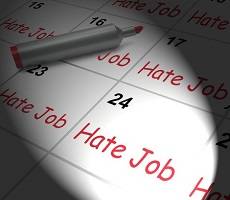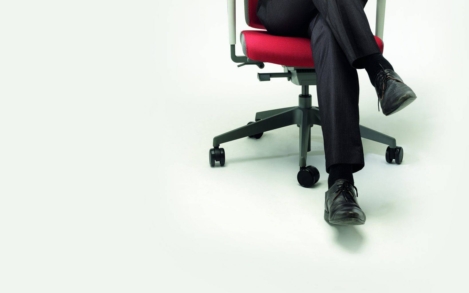January 6, 2016
Third of employees did not feel motivated or engaged at work last year 0
 Just over a third (34 percent) of UK employees could not name a single occasion that motivated them at work last year, new research claims. The ‘Employee motivation: Who came out on top in 2015?’ report suggests that despite a quarter (24 percent) of staff saying ‘yes’ they felt motivated at work in 2015, nearly half of the UK workforce collectively felt neutral or negative feelings towards their job over the course of the whole year. The survey was commissioned by Red Letter Days for Business, to explore one of the building blocks affecting the low engagement and productivity rates in the UK – employee motivation. It found that 25-34 year olds were the most motivated at work last year, as this age group are likely to be working their way up the career ladder. And unsurprisingly, when asked what would be most likely to motivate them at work, nearly half of respondents, whatever the age, suggested a good work/life balance.
Just over a third (34 percent) of UK employees could not name a single occasion that motivated them at work last year, new research claims. The ‘Employee motivation: Who came out on top in 2015?’ report suggests that despite a quarter (24 percent) of staff saying ‘yes’ they felt motivated at work in 2015, nearly half of the UK workforce collectively felt neutral or negative feelings towards their job over the course of the whole year. The survey was commissioned by Red Letter Days for Business, to explore one of the building blocks affecting the low engagement and productivity rates in the UK – employee motivation. It found that 25-34 year olds were the most motivated at work last year, as this age group are likely to be working their way up the career ladder. And unsurprisingly, when asked what would be most likely to motivate them at work, nearly half of respondents, whatever the age, suggested a good work/life balance.















 In years gone by, a ‘one size fits all’ approach to office design might have been the norm, but as the decades have progressed, so too have the options available to businesses designing ‘homes from home’ for their office-based workforces. As new interpretations of the office environment proliferated, so the open plan model came to into being and eventually evolved into the default office design model. This initially brought greater variety than ever before but, ultimately, a one size fits all mentality in
In years gone by, a ‘one size fits all’ approach to office design might have been the norm, but as the decades have progressed, so too have the options available to businesses designing ‘homes from home’ for their office-based workforces. As new interpretations of the office environment proliferated, so the open plan model came to into being and eventually evolved into the default office design model. This initially brought greater variety than ever before but, ultimately, a one size fits all mentality in 









October 22, 2015
Seven ways to make your office work for different workstyles 0
by Brittney Herrera • Comment, Flexible working, Wellbeing, Workplace design
More →